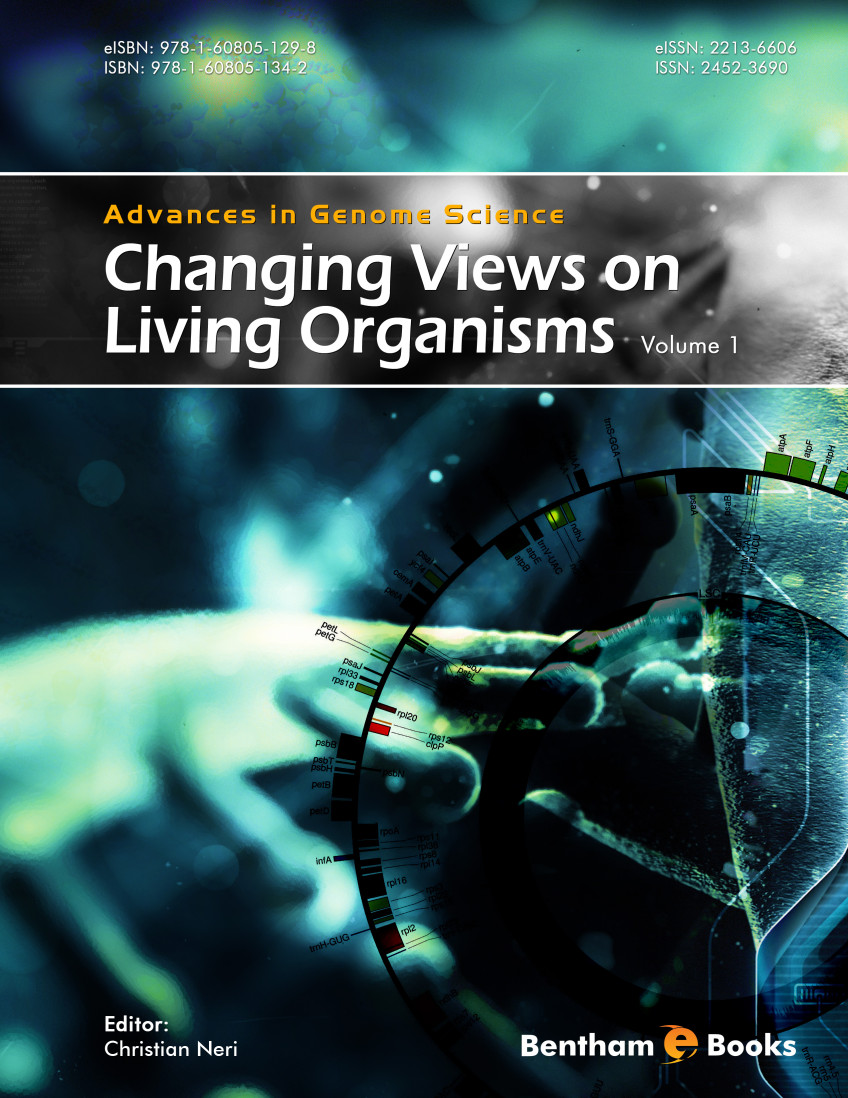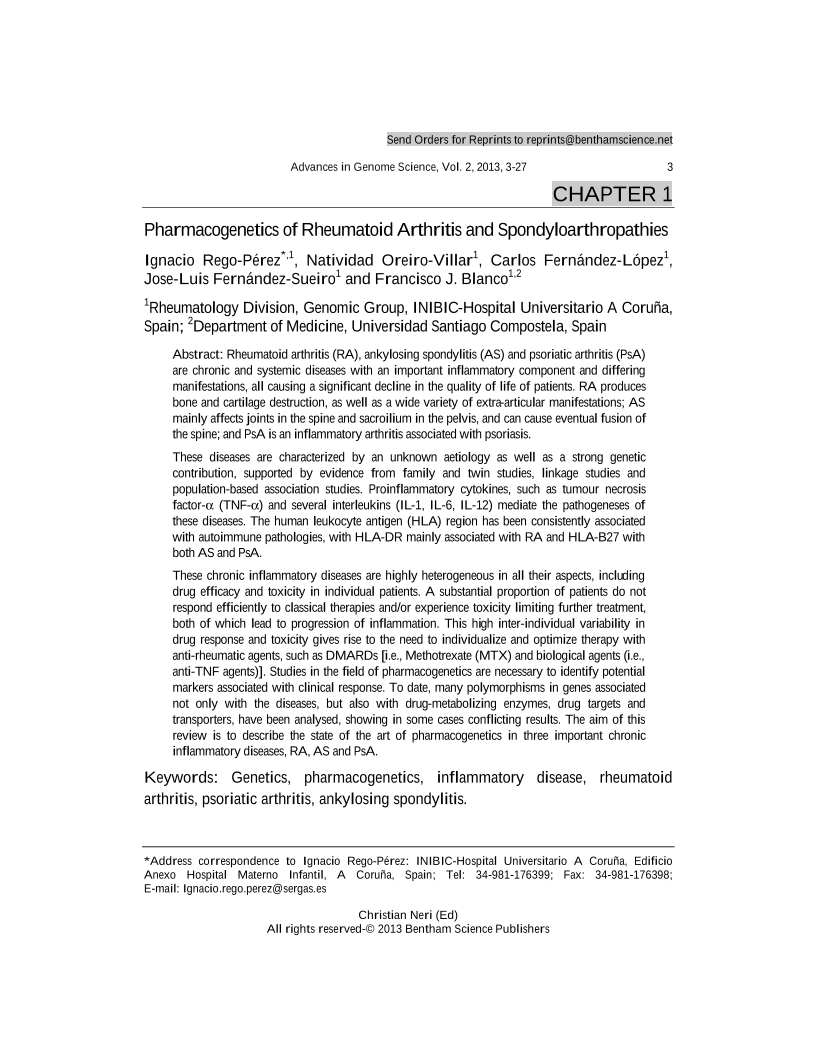Endometrial Cancer as a Familial Tumor: Pathology and Molecular Carcinogenesis

- Authors: Kouji Banno, Megumi Yanokura, Kennta Masuda, Arisa Ueki, Iori Kisu, Yusuke Kobayashi, Wataru Yamagami, Nobuyuki Susumu, Daisuke Aoki9
-
View Affiliations Hide Affiliations9 Department of Obstetrics and Gynecology, School of Medicine, Keio University, Shinanomachi 35 Shinjuku ku, Tokyo 160-8582, Japan
- Source: Changing Views on Living Organisms , pp 3-14
- Publication Date: March 2013
- Language: English
Endometrial Cancer as a Familial Tumor: Pathology and Molecular Carcinogenesis, Page 1 of 1
< Previous page | Next page > /docserver/preview/fulltext/9781608051298/chapter-1-1.gif
Some cases of endometrial cancer are associated with a familial tumor and are referred to as hereditary nonpolyposis colorectal cancer (HNPCC or Lynch syndrome). Such tumors are thought to be induced by germline mutation of the DNA mismatch repair (MMR) gene, but many aspects of the pathology of familial endometrial cancer are unclear and no effective screening method has been established. However, the pathology of endometrial cancer with familial tumor has been progressively clarified in recent studies. At present, about 0.5% of all cases of endometrial cancers meet the clinical diagnostic criteria for HNPCC. A recent analysis of the three MMR genes (hMLH1, hMSH2 and hMSH6) revealed germline mutations in 18 of 120 cases (15.0%) of endometrial cancer with familial accumulation of cancer or double cancer, with a frameshift mutation of the hMSH6 gene being the most common. Many cases with mutation did not meet the current clinical diagnostic criteria for HNPCC, indicating that familial endometrial cancer is often not diagnosed as HNPCC. The results suggest that the hMSH6 gene mutation may be important in carcinogenesis in endometrial cancer and germline mutations of the MMR gene may be more prevalent in cases associated with familial accumulation of cancer. An international large-scale muticenter study is required to obtain further information about the pathology of endometrial cancer as a familial tumor.
-
From This Site
/content/books/9781608051298.chapter-1dcterms_subject,pub_keyword-contentType:Journal -contentType:Figure -contentType:Table -contentType:SupplementaryData105

